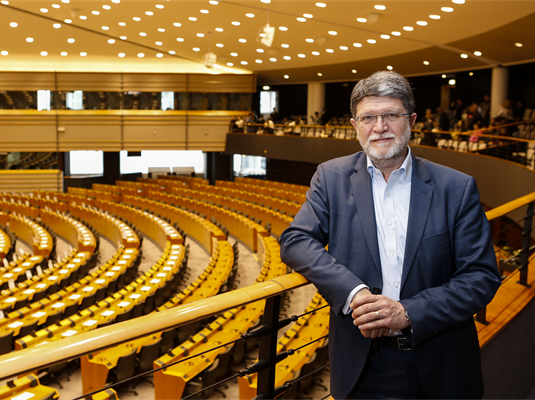MEP Tonino Picula was appointed as co-rapporteur of the EP AFET Commitee Instrument for Pre-Accession Assistance (IPA III)The new IPA III will enter into force in the next seven-year EU budgetary period, 2021-2027.
Picula will negotiate, on behalf of the European Parliament, with the European Council and the Commission, about the conditions for allocation of IPA III funds, with the goal of helping the countries that are future candidates and cureent candidates for EU membership, to meet the conditions required for accession.
"It is a strategic interest for the Republic of Croatia to have other EU Members on its external borders one day. The Union's enlargement policy, which provides prospective prospects for future economic development and security, is inextricably linked to conditions of adherence to values ??such as liberal democracy, respect for human rights and the rule of law, of which we must not deviate from as a Union. That is why it is good news that the new IPA III will specifically insist on this", Picula said.
The Instrument was initially established for the 2007-2013 budgetary period, and currently is IPA II being implemented by the end of 2020. IPA II beneficiaries are Albania, Bosnia and Herzegovina, Kosovo, Montenegro, the Republic of Northern Macedonia and Turkey, and its value is 11.7 billion euros. Compared to the value of IPA II, IPA III should increase by 13 percent or 14.5 billion EUR at current prices.
The future regulation should enable IPA III to align with the Western Balkans Strategy priorities in February 2018 to maximize the impact of the six most important initiatives that are a part of it, and to create a flexible framework for adjusting relations with Turkey.
The overall objective of the IPA instrument is to support potential new Members to adopt and apply all political, institutional, legal, administrative, social and economic reforms to align with EU values ??and adapt to its rules, standards, policies and practices before joining the Union.
The new approach to the next budgetary period is that programming is not based on envelopes for individual countries, but on priorities such as the rule of law, fundamental human rights and migration, border security, the fight against radicalization and organized crime. Furthermore, they are the adoption of EU policies and agreements, socio-economic development, reconciliation, good neighborly relations and cross-border cooperation.


